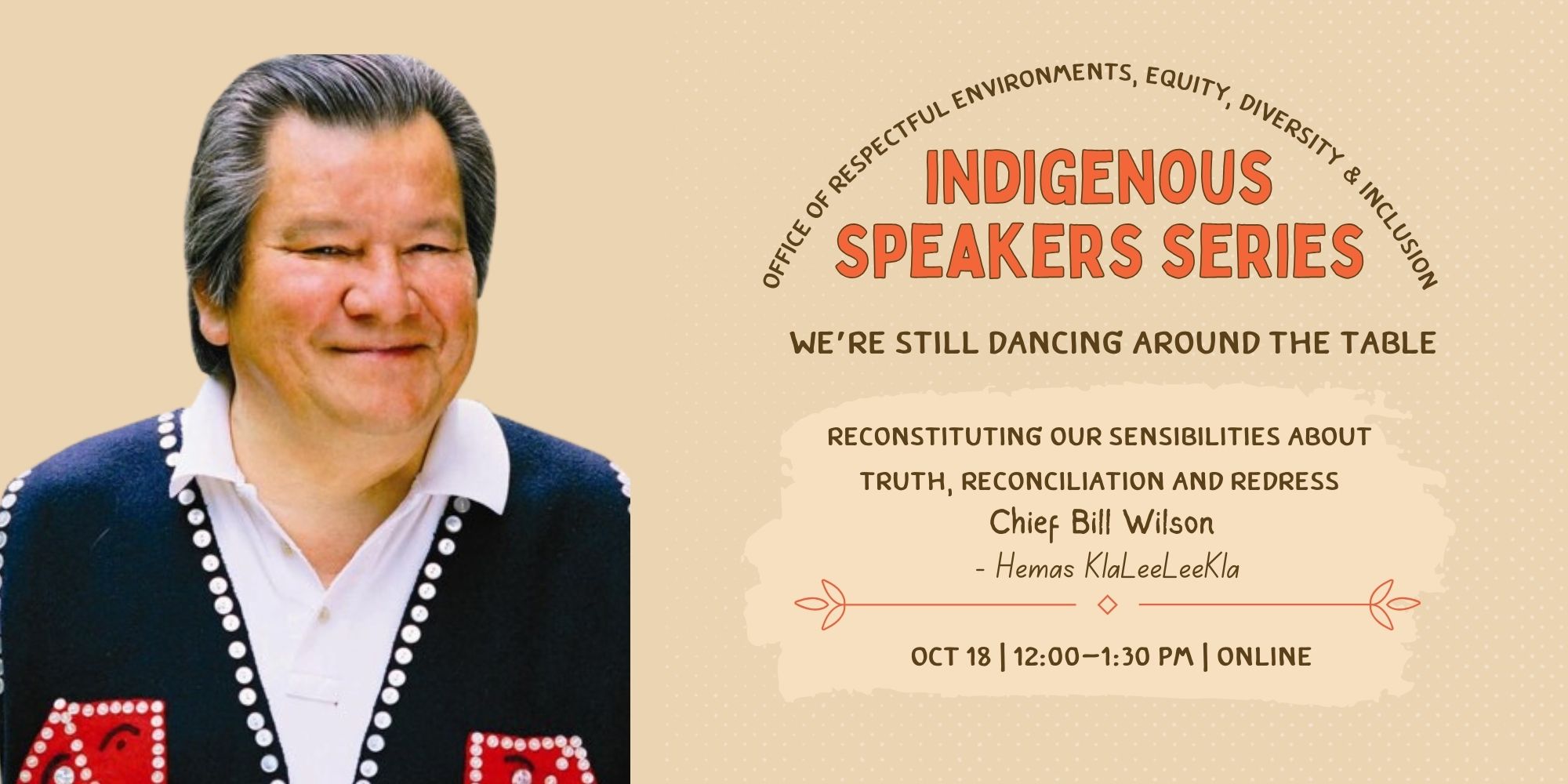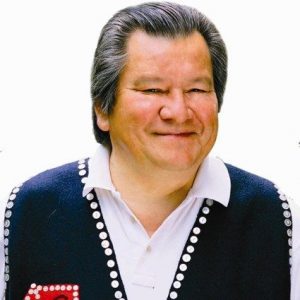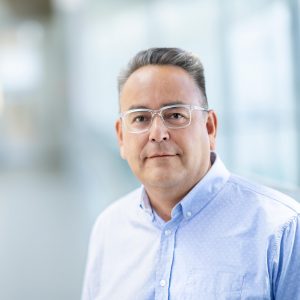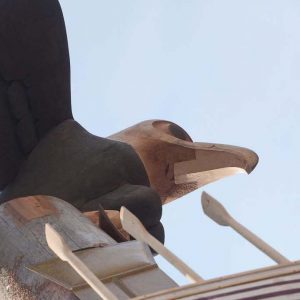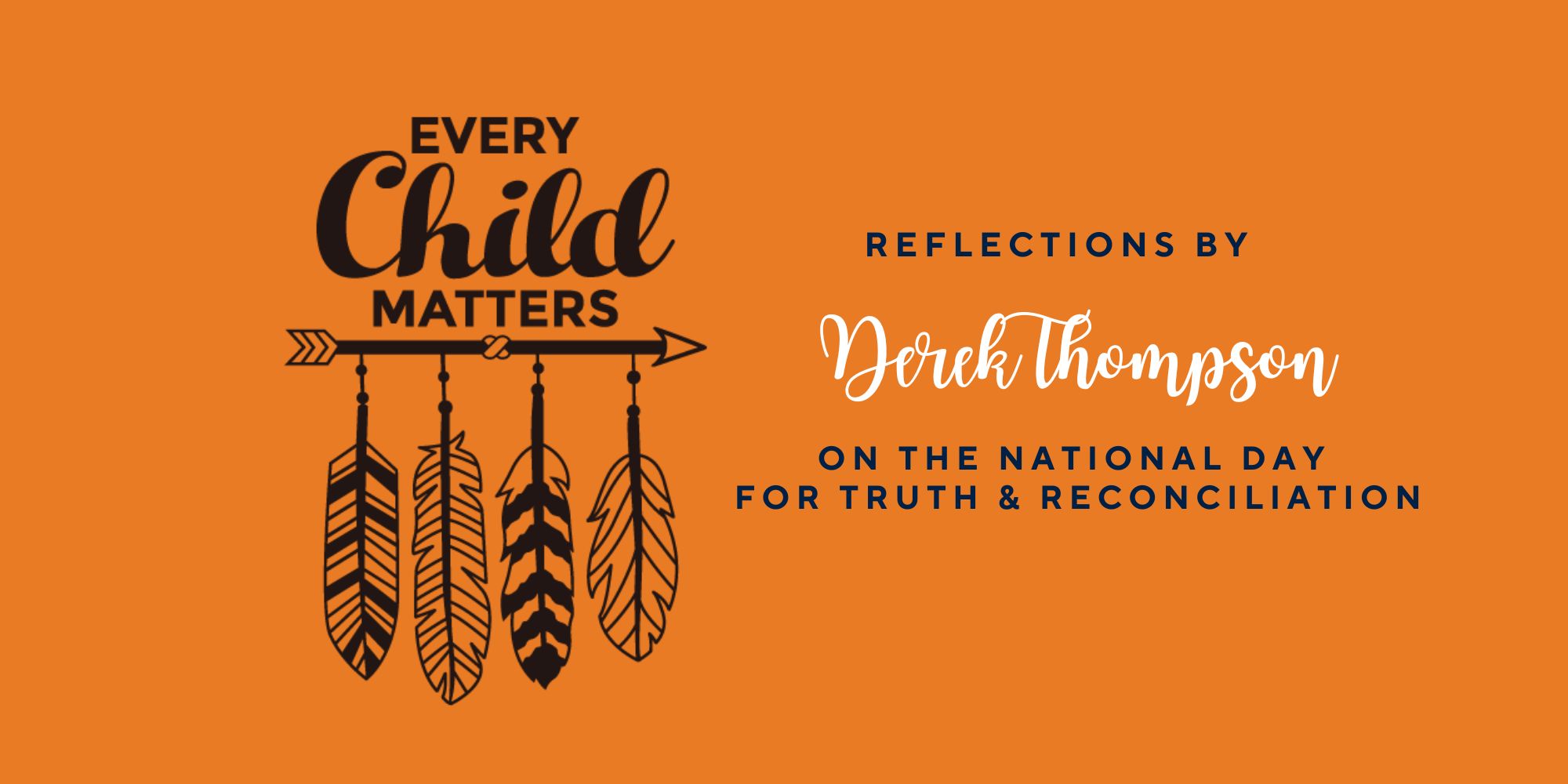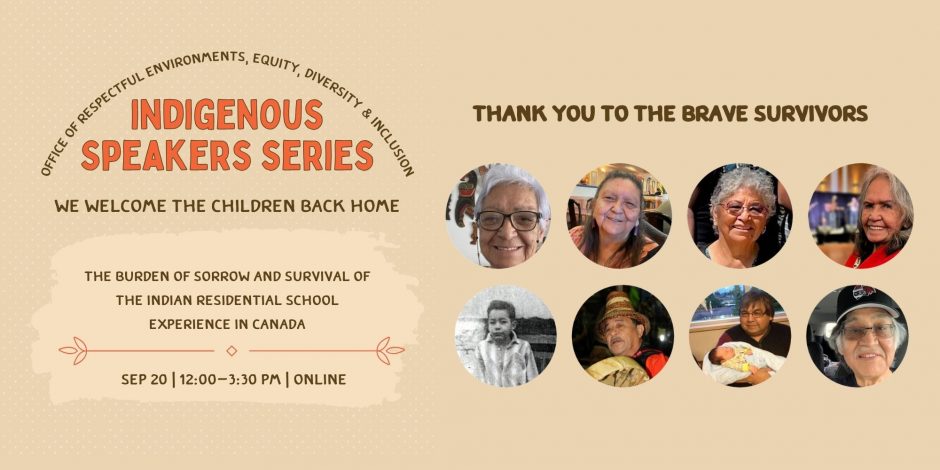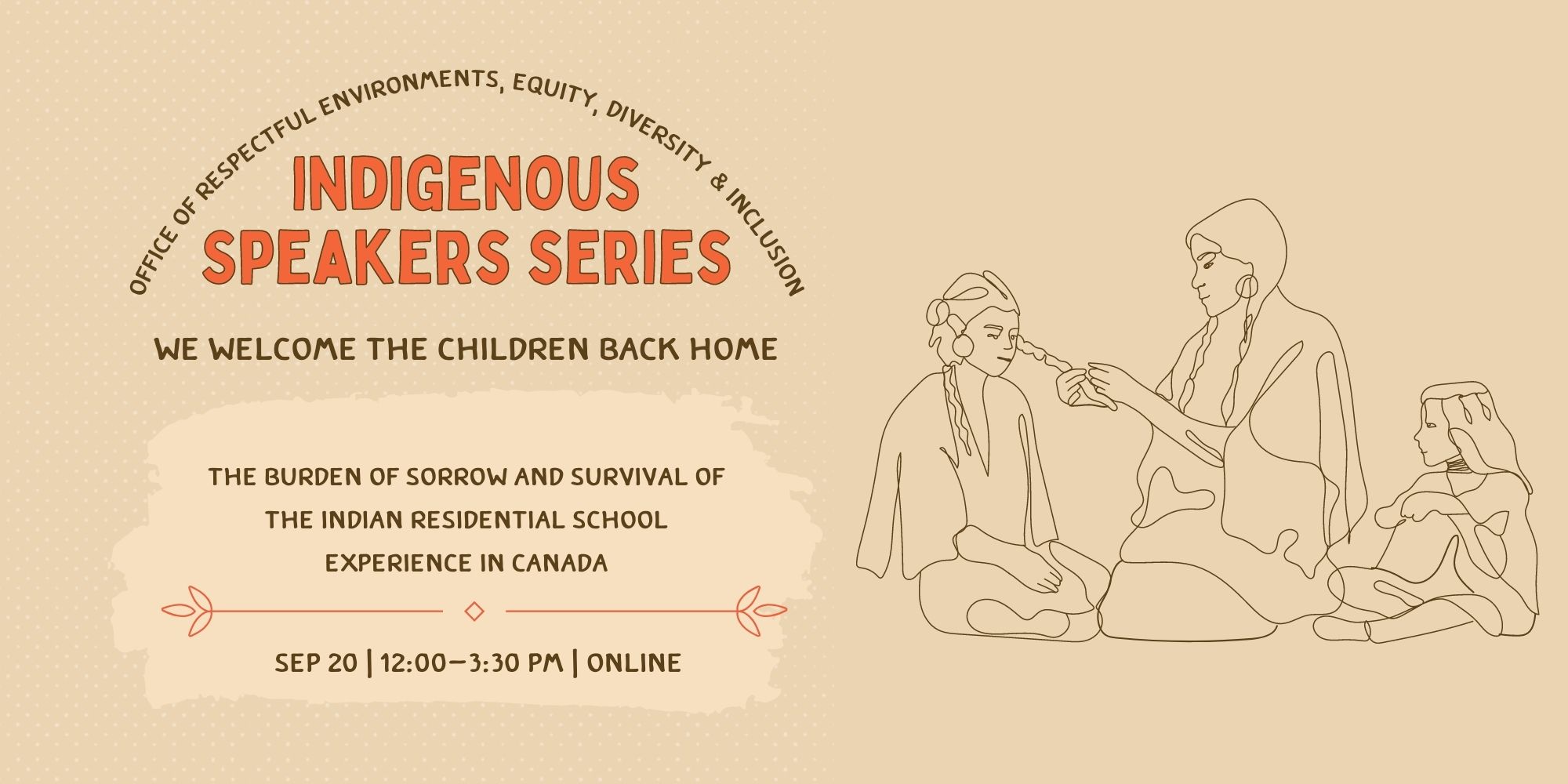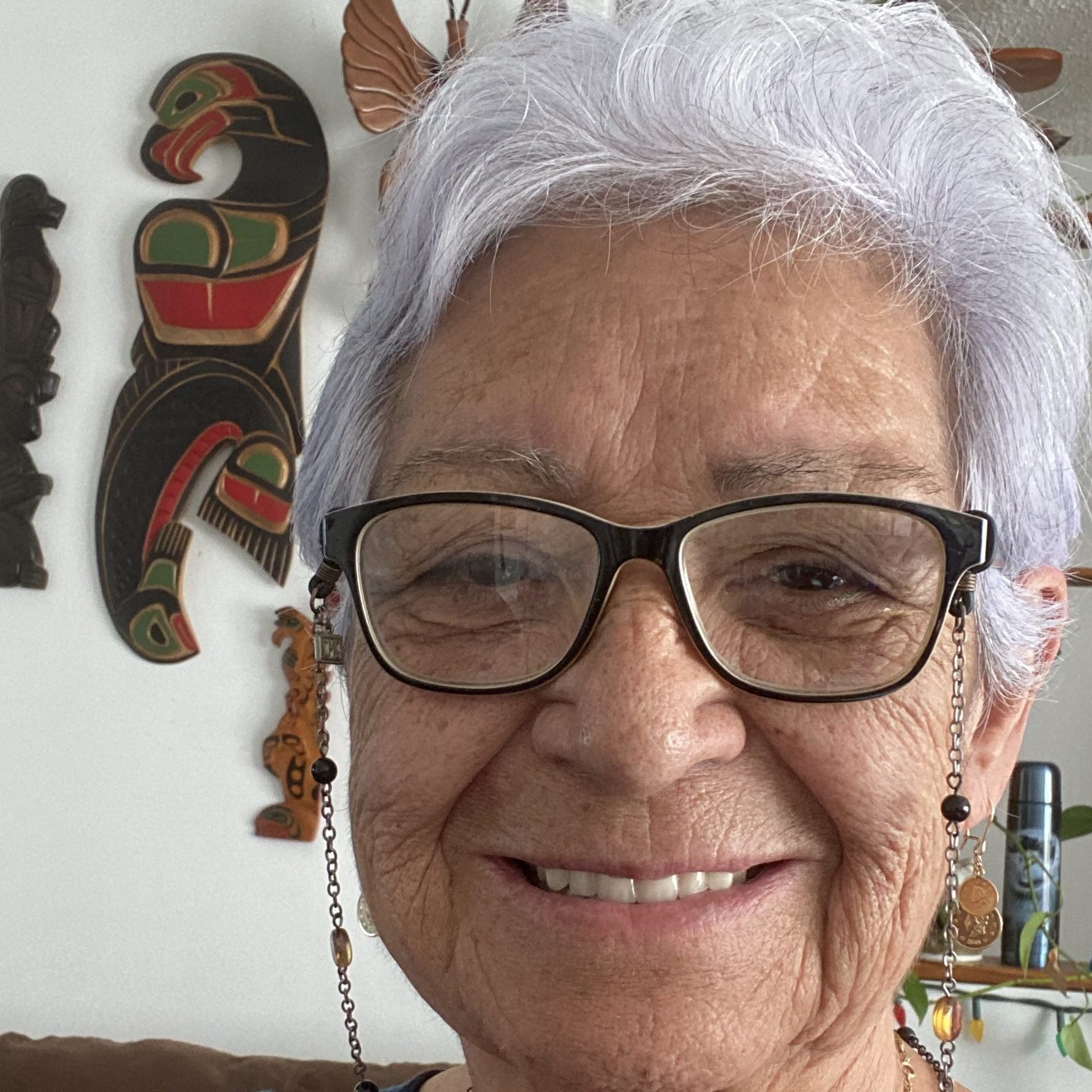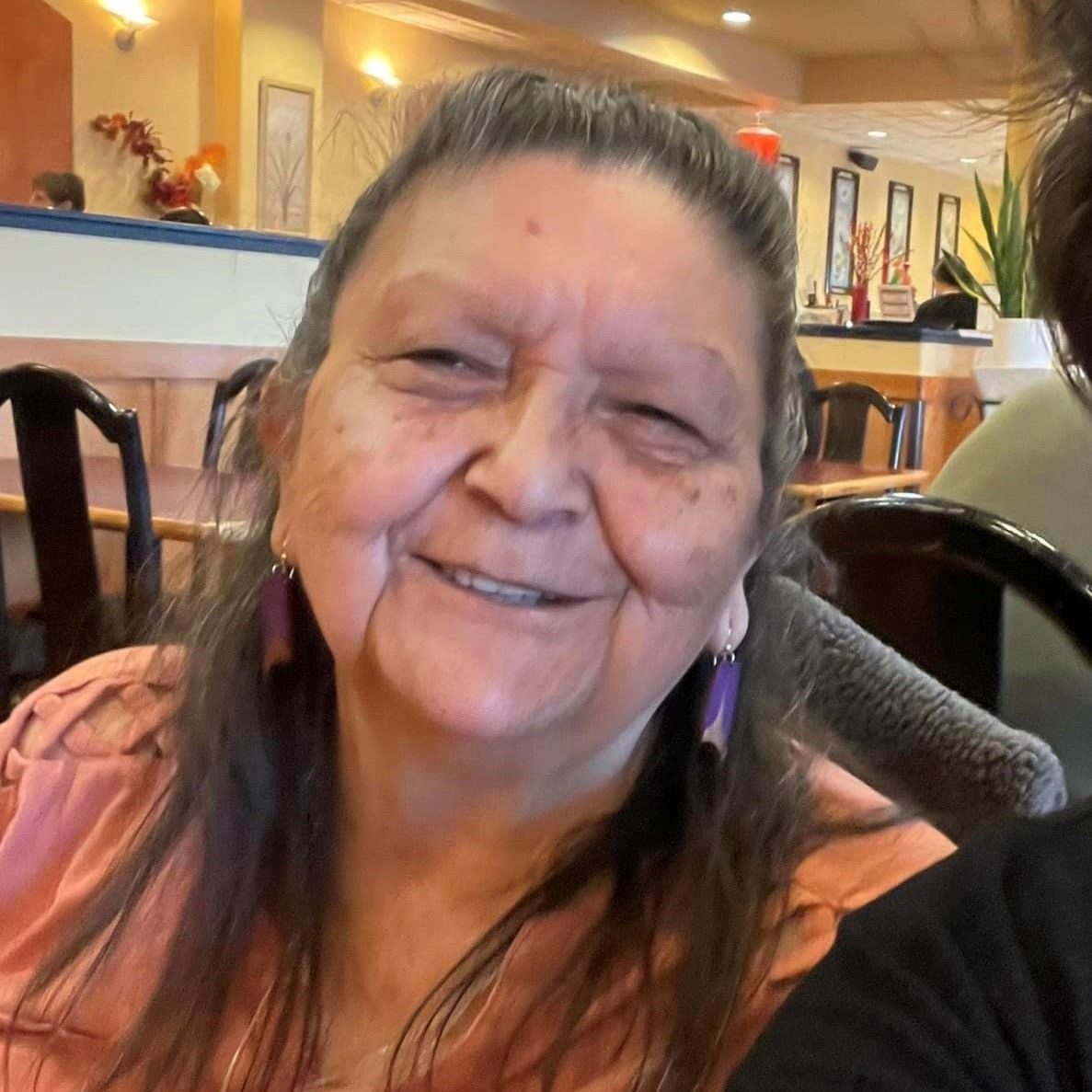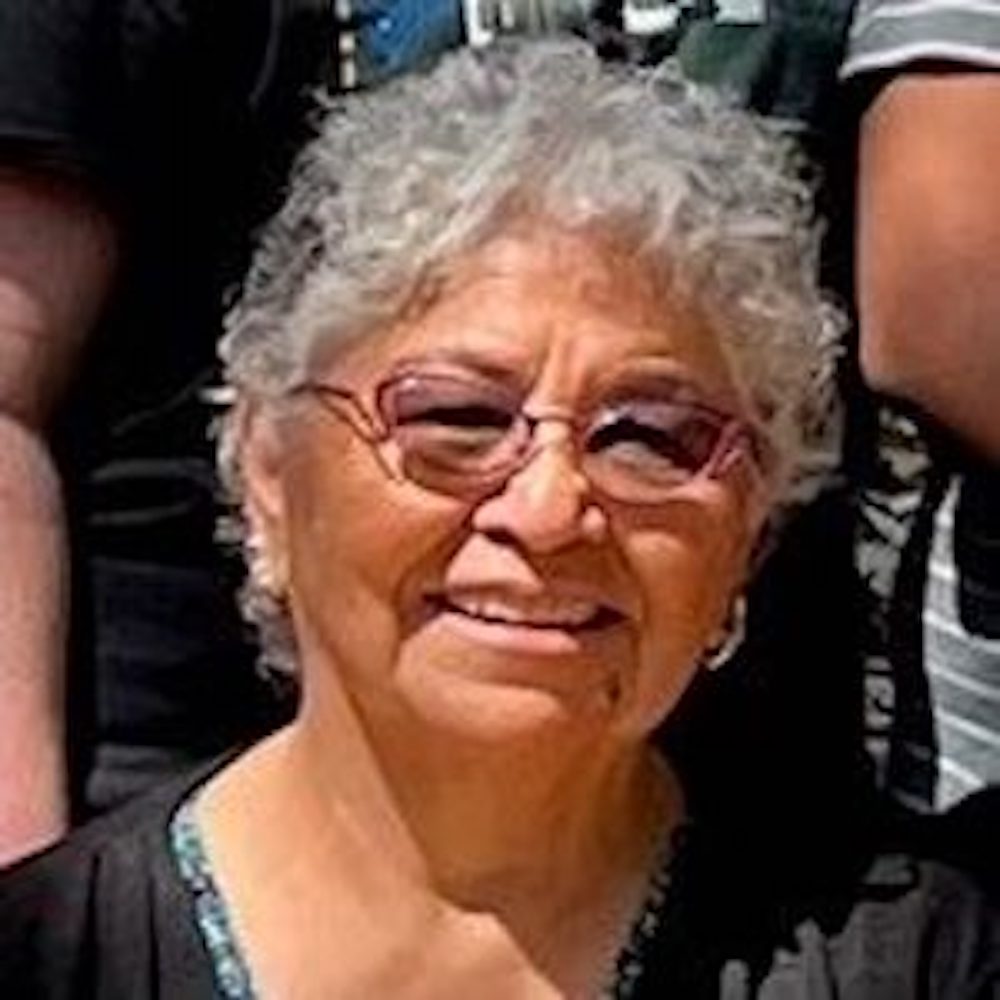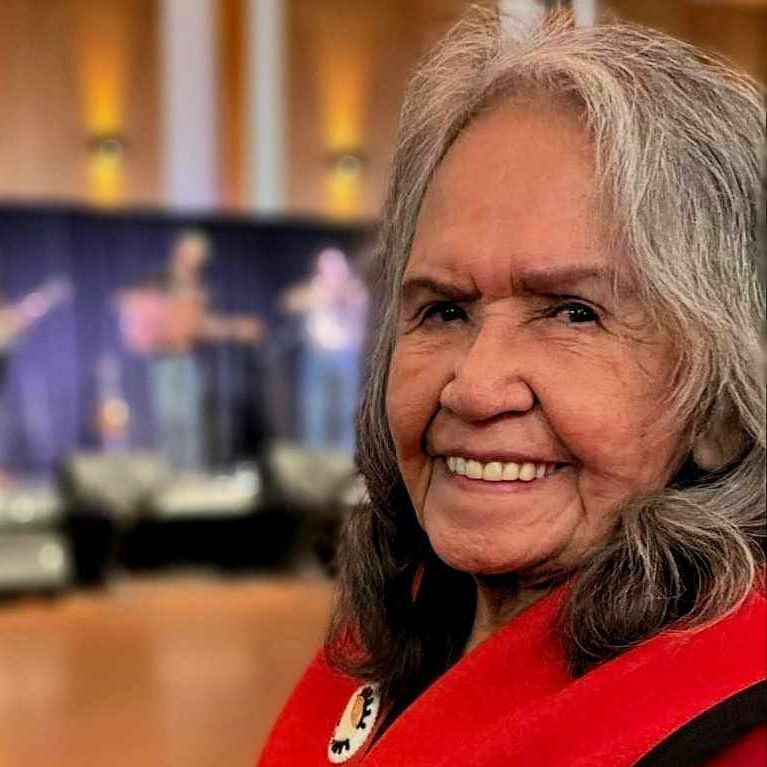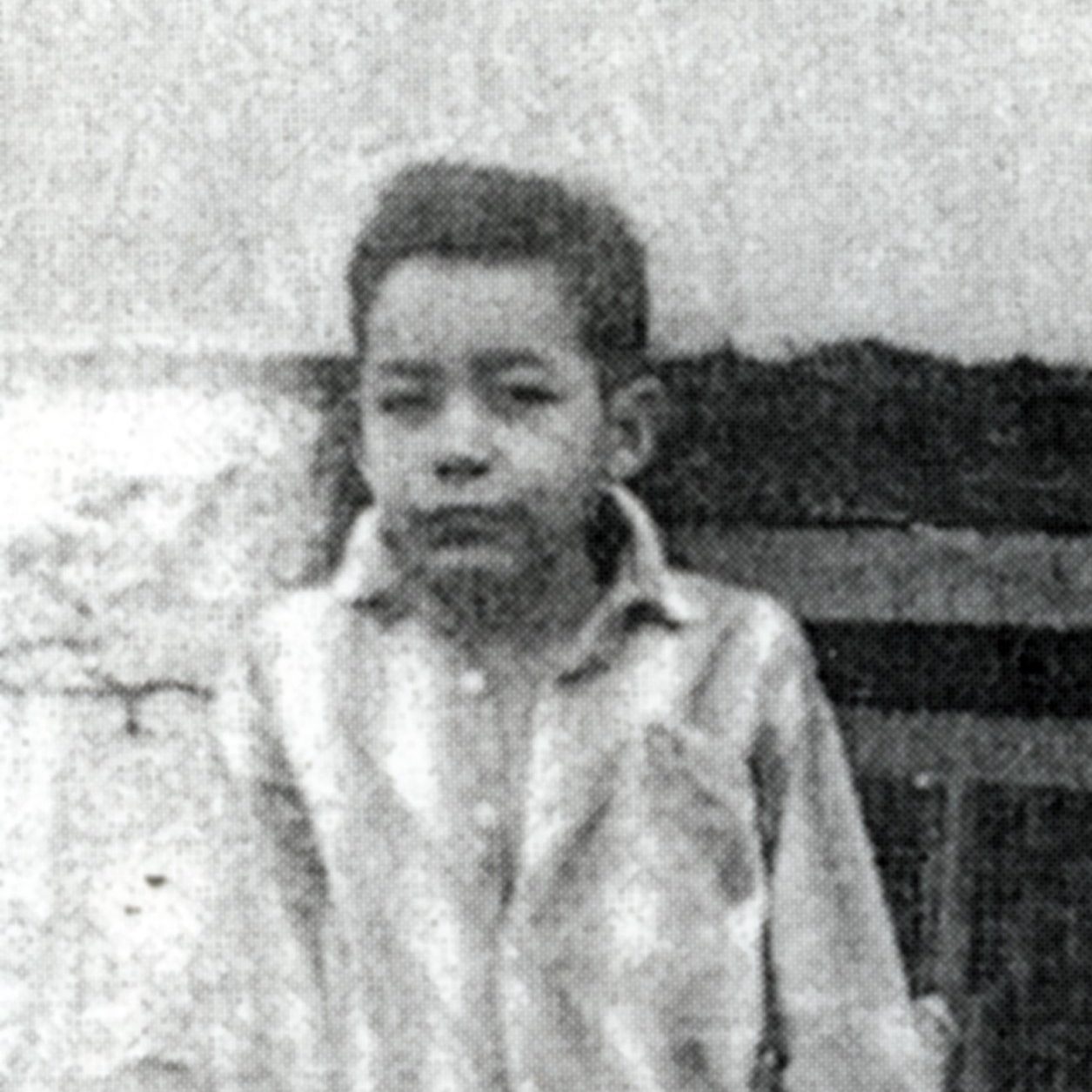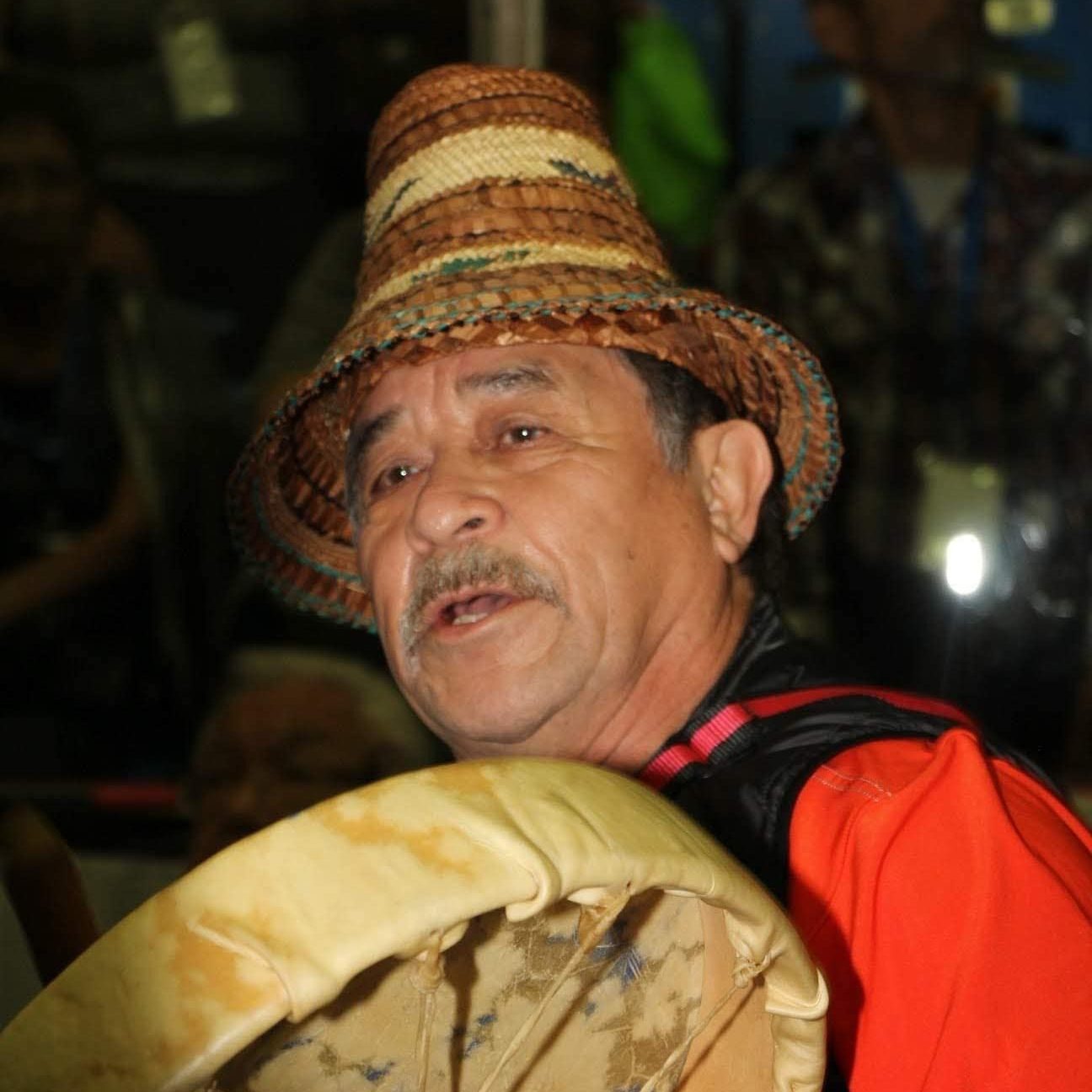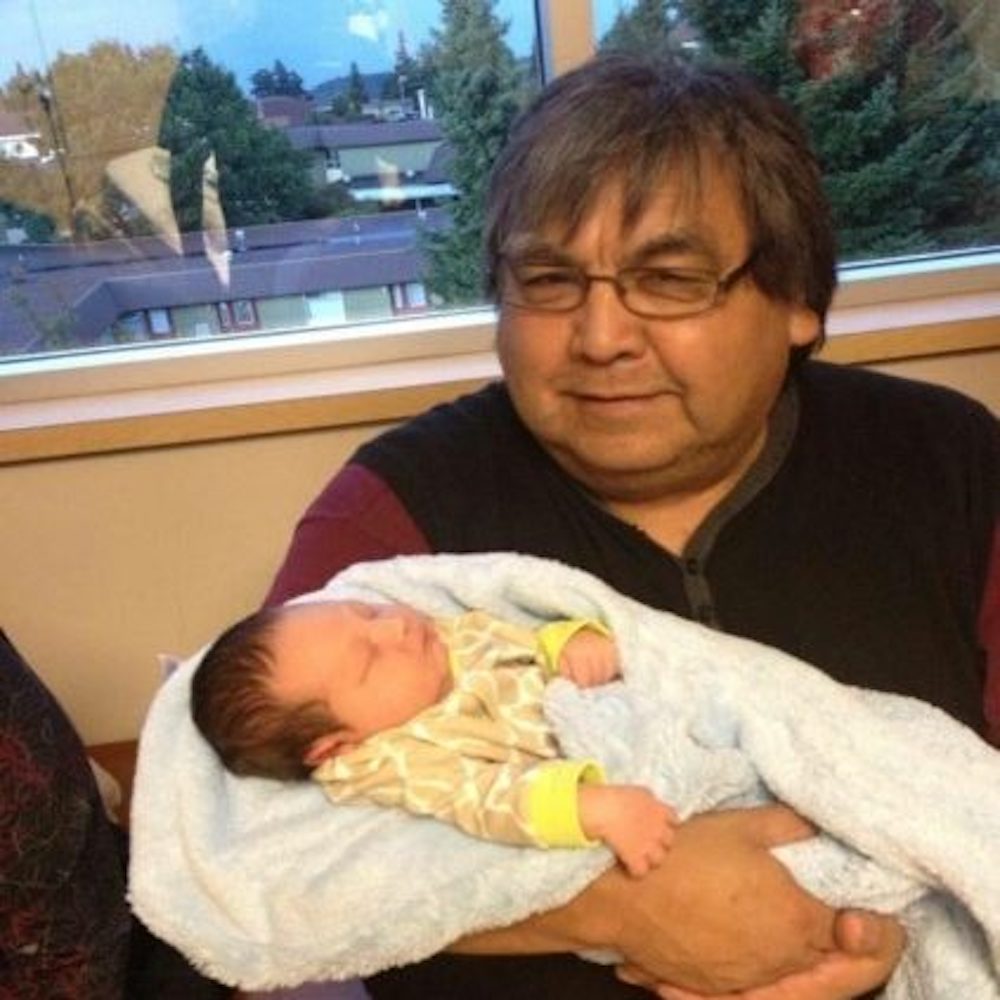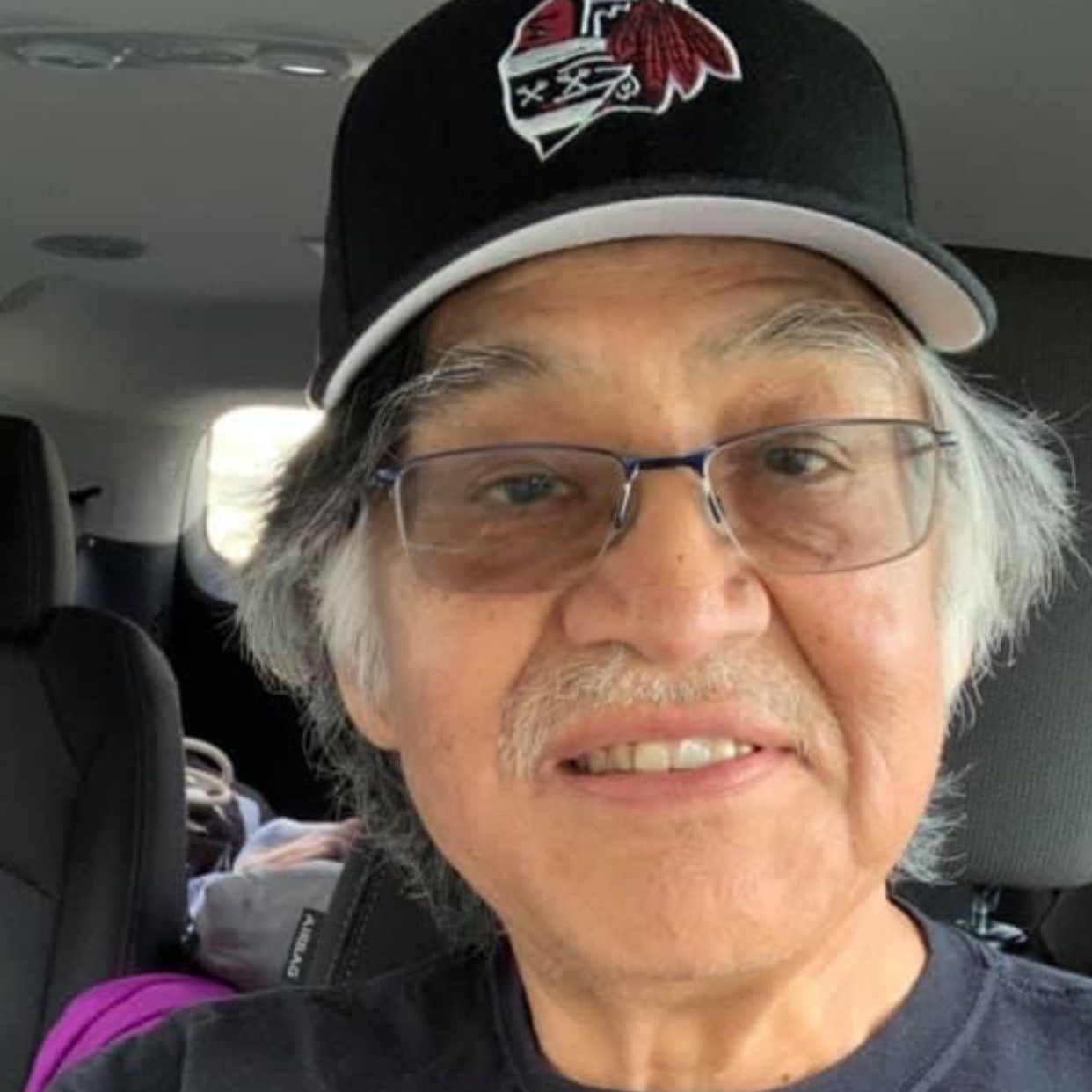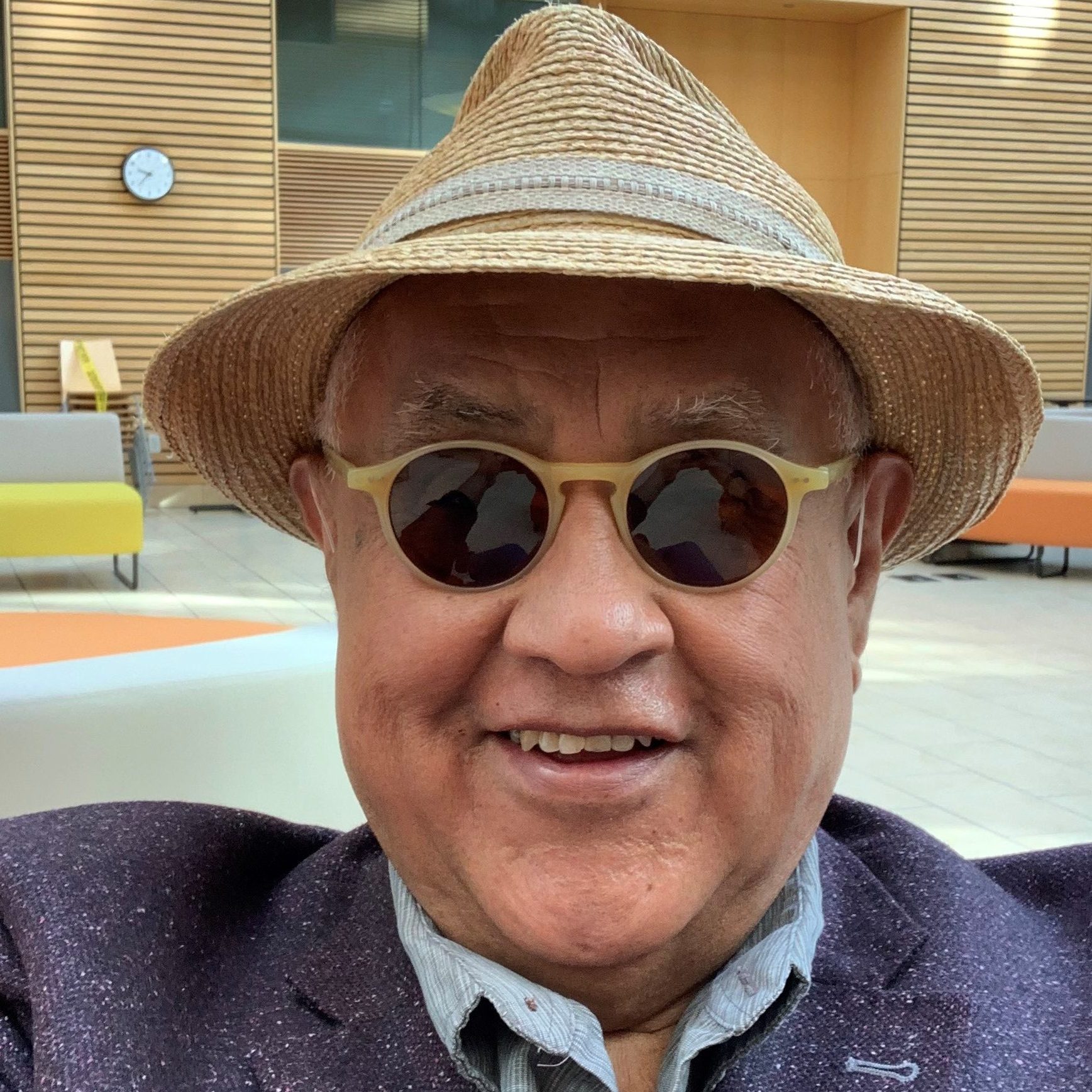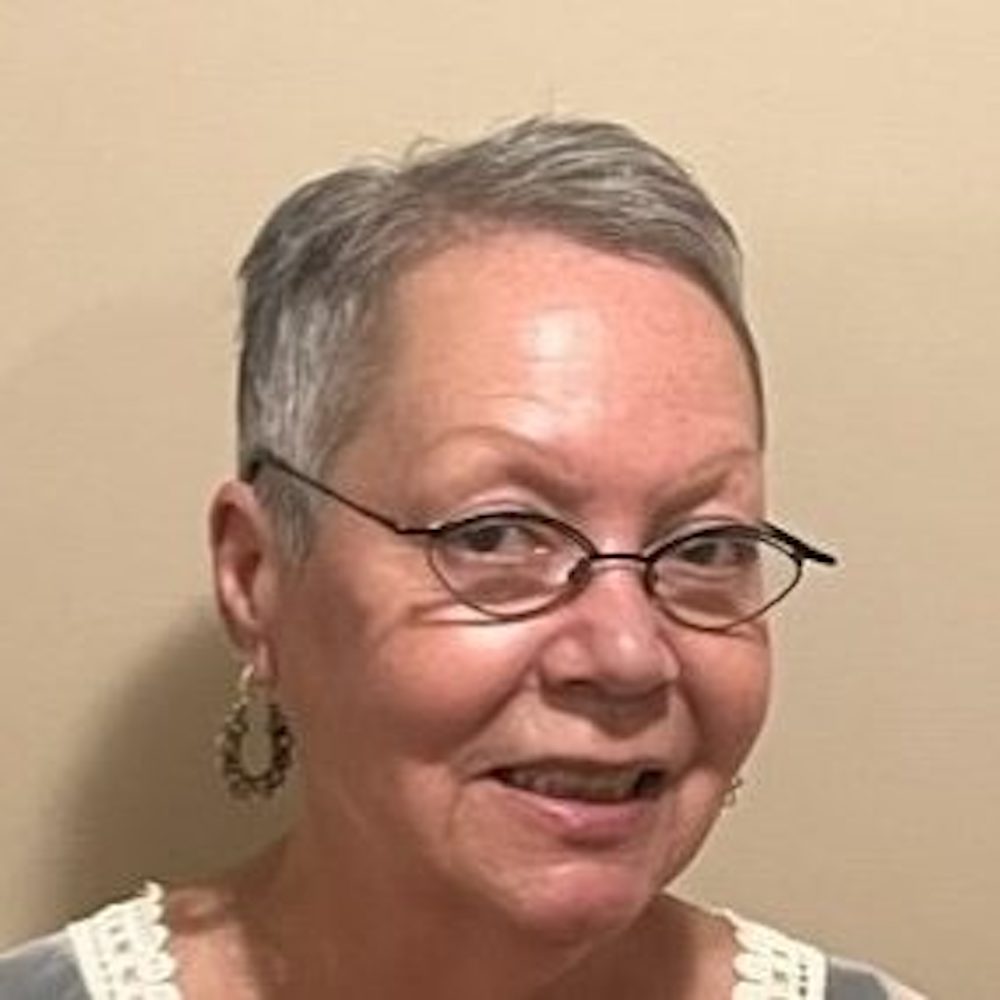Disability in the Workplace! Interactive workshop
“Building our awareness and understanding of disability and inclusion within the Faculty of Medicine community is essential to creating respectful and equitable learning and work environments that are free of discrimination, where all people are accepted, valued and empowered to thrive.”
- Dr. Dermot Kelleher, Dean, Faculty of Medicine and Vice-President, Health, University of British Columbia
Are you ready to deepen your understanding of disability awareness and inclusion in the workplace? We are excited to announce an online workshop developed specifically for Faculty of Medicine faculty and staff members by postdoctoral fellow, Dr. Jon Breen.
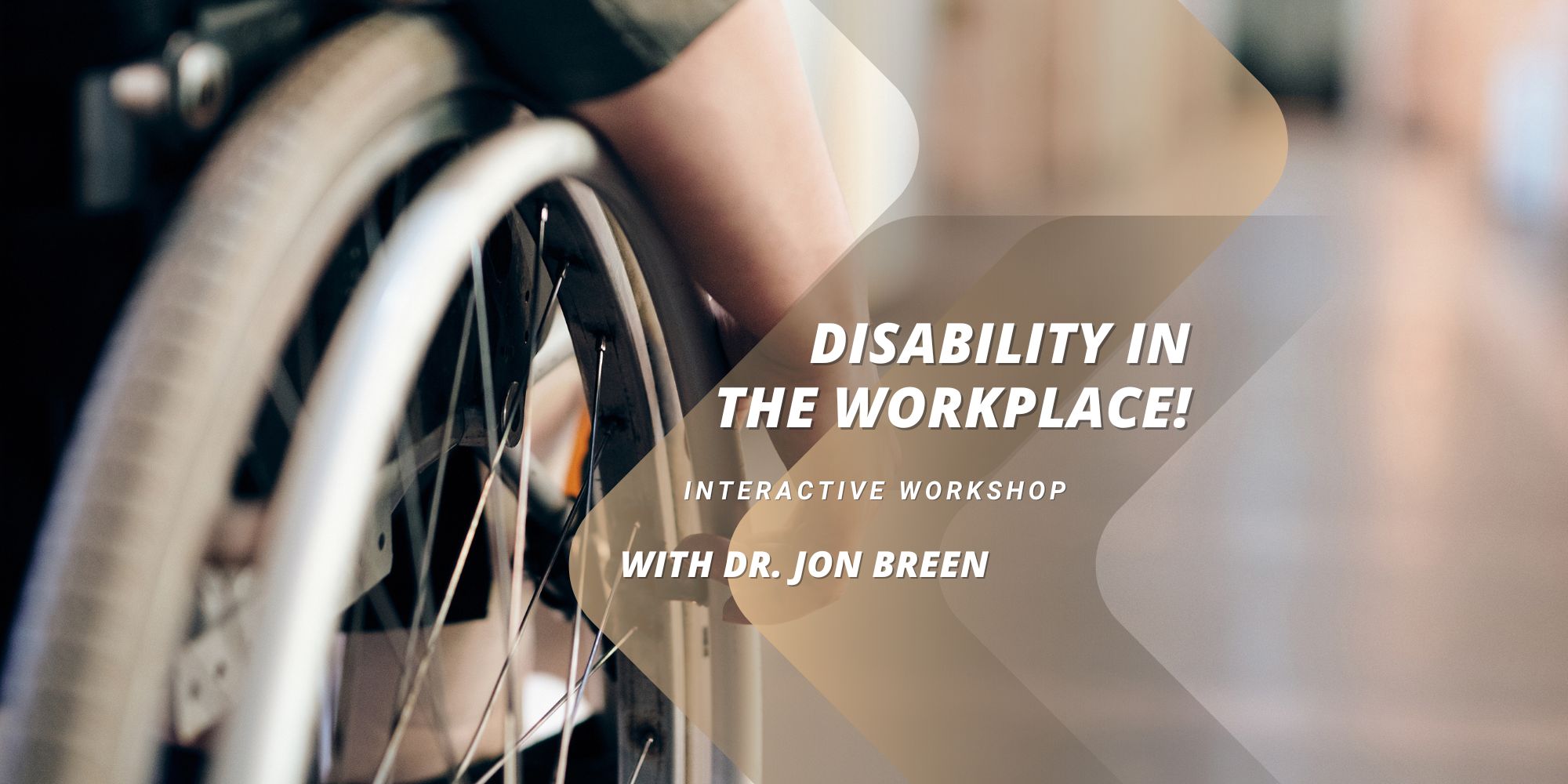
Workshop Details
- 🎓 Facilitator: Dr. Jonathon Breen, Postdoctoral Fellow, Occupational Science and Occupational Therapy, FoM
- 🗓️ Dates: Register below for any of the following sessions. (The sessions offer a repeat of the workshop.)
- 10 Oct 2023, from 1:00 – 4:00 PM
- 9 Nov 2023, from 9:00 – 12:00 PM
- 5 Dec 2023, from 1:00 – 4:00 PM
- 10 Jan 2024, from 9:00 – 12:00 PM
- 6 Feb 2024, from 1:00 – 4:00 PM
- 6 March 2024, from 9:00 – 12:00 PM
- 🕒 Duration: Three hours per session
- 📌 Platform: Live via Zoom
- 👥 Capacity: Limited to 25 participants per session
Workshop Facilitator
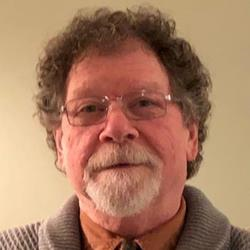
Dr. Jonathon Breen boasts a wealth of experience within the realm of disability and employment. With a career spanning both private and public sectors, he has served as a practitioner, researcher, and author. Dr. Breen’s expertise promises an engaging and enlightening workshop experience.
Read Dr. Breen’s bio
Dr. Jonathon S. Breen, PhD, MSW, BA, is a Postdoctoral Fellow in the Department of Occupational Science and Occupational Therapy, Faculty of Medicine, UBC.
His research interests focus on the theoretical and practical understandings of disability, particularly as these apply in the workplace. Included in this work has been the development of a self-report questionnaire designed to measure workplace attitudes toward people with disabilities (PWDs) and a new model of disability that supports organizational reform regarding disabled job seekers and employees.
Dr. Breen’s academic work follows an extensive career in both the public and the private sectors. He has served as the Executive Director of a supported employment agency, as the Yukon Government manager of disability employment services, and as the principal of an ongoing consultancy within the field of employment and disability. He began his career, in Winnipeg, as the owner and operator of a healthcare manufacturing and export company, within which he implemented a policy of hiring only individuals who identified as PWDs.
Over the course of his career, Dr. Breen has served as the chair of a number of boards of directors within the non-profit sector. These have included the Yukon Health and Social Services Council, the Yukon Council on Disability, and Options for Independence (a housing project serving adults living with Fetal Alcohol Spectrum Disorder). He has also served as the chair of the Yukon Human Rights Commission. In 2013, he was awarded the Queen Elizabeth Diamond Jubilee Medal for his community service work.
View Dr. Breen’s publications
Breen, J. & Forwell, S. (2023). Disability and the workplace: The politics of difference. New York, NY: Routledge.
Breen, J. & Forwell, S. (2021). The difference model of disability: A focus on employment. In N. Ferreira, I. Potgieter, & M. Coetzee (Eds.), Agile coping in the digital era: Emerging issues for research and practice. (pp. 275-298). Cham, Switzerland: Springer.
Breen, J., & Forwell, S. (2020). The Difference Model of disability: A change in direction for vocational rehabilitation practice. Australian Journal of Rehabilitation Counselling, 26(1), 12-17.
Breen, J. (2019). Developing the Co-Worker Acceptance of Disabled Employees (CADE) Scale. Australian Journal of Rehabilitation Counselling, 25(1), 1-14.
Breen, J., Havaei, F., & Pitassi, C. (2019). Employer attitudes toward hiring persons with disabilities in Armenia. Disability and Rehabilitation, 41(18), 2135-2142. Published online (2018) at doi:10.1080/09638288.2018.1459882
Breen, J. (2018). Attitudes toward employees with disabilities: A systematic review of self-report measures. Australian Journal of Rehabilitation Counselling, 24(2), 67-87.
Breen, J. (2018). The co-worker acceptance of disabled employees (CADE) scale: A study to gather evidence of content validity. (PhD dissertation) http://hdl.handle.net/2429/67749
Breen, J. (2017). Disability as difference – a fictional representation. The Qualitative Report, 22(10), 2722-2741.
Breen, J. (2015). The exoskeleton generation – disability redux. Disability and Society, 30(10), 1568-1572.
Breen, J. (2015). On-demand American Sign Language interpreting services: Creating social policy in the Yukon. Sign Language Studies, 15(3), 348-362.
Workshop Highlights
- Interactive Discussions with fellow Participants
- Insightful Interviews with Researchers and Individuals with Disabilities
- Sharing Key Resources for Inclusive Workspaces
- Exploring the Concept of Disability
- Analyzing Workplace Realities Related to Disabilities
- Addressing the Impact of Low Self-Report Rates on Performance and Morale
- Navigating the Challenges of Disability Disclosure
- Identifying Structural and Procedural Barriers
- Exploring Solutions and Organizational Strategies
- Discussion on Integration at Individual, Departmental, and Faculty Levels within the FoM
Active Participation Required
Come prepared to contribute your thoughts, insights, and recommendations to enrich our discussions.
Registration & Additional Information
Upon successful registration, you will receive a confirmation email. Additionally, participants will receive valuable resource information and a link to a brief questionnaire ahead of each session.
Accessibility Needs
If you have any accessibility requirements for these sessions, please do not hesitate to contact the Centre for Workplace Accessibility at 604.822.8139 or workplace.accessibility@ubc.ca
Don’t miss this opportunity to enhance your awareness, understanding, and commitment to disability inclusion in the workplace. Join us on this enlightening journey towards a more inclusive FoM community.
In the Midst of Grief We Are Healing: An Affinity Event for Indigenous Staff, Faculty and Students in STEM
Indigenous Staff, Faculty and Students are invited to come together on October 11th from 12:30- 2:00 PM for informal conversations, community building and healing as we navigate the ongoing journey of truth, reconciliation, and redress in our communities.
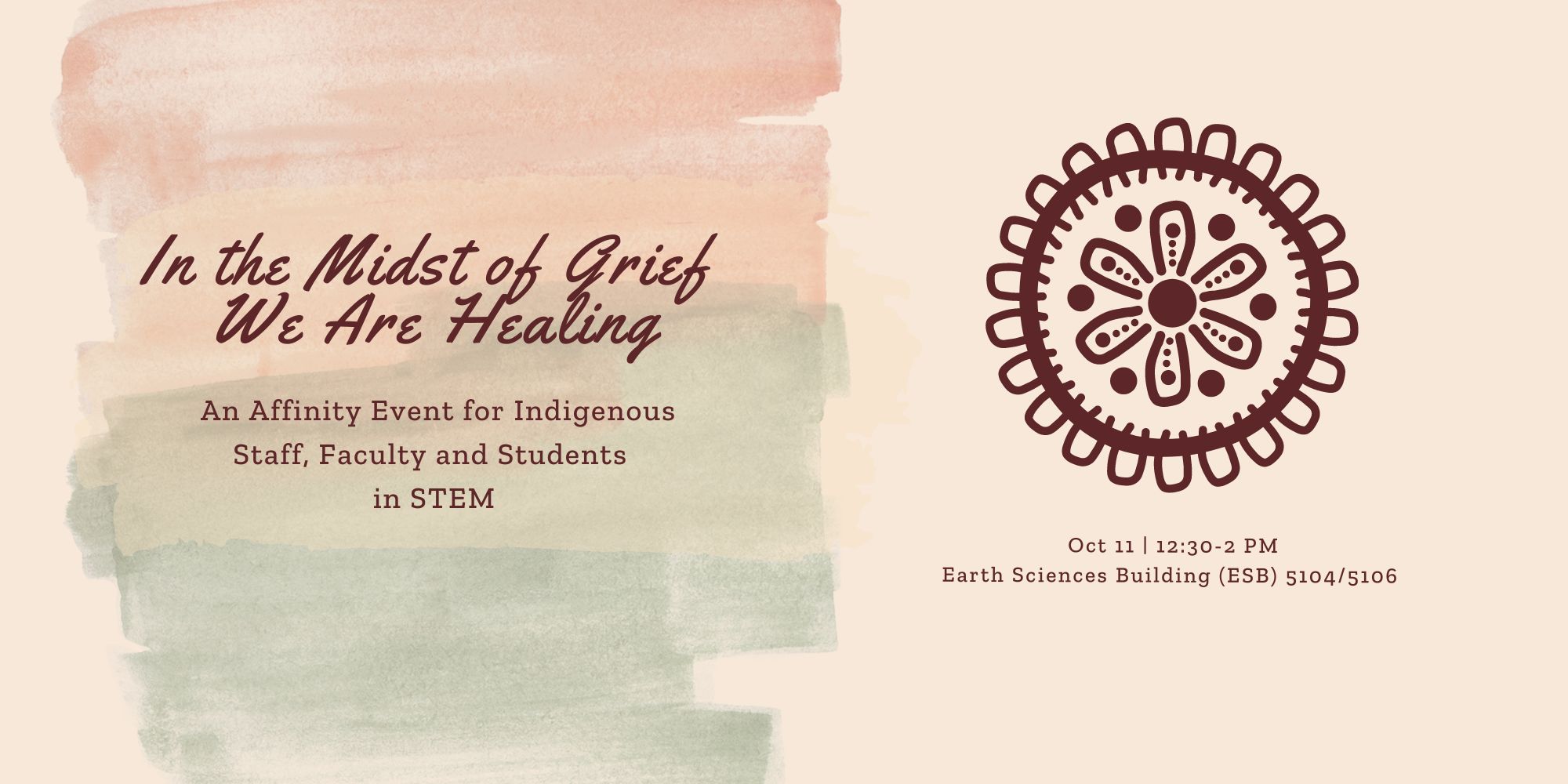
Event Details
Event title: ʕat̕ikšiƛin naas łaakt̕uuła w̕it̕asin: In the Midst of Grief We Are Healing: An Affinity Event for Indigenous Staff, Faculty and Students in STEM
Date: 11 October 2023
Time: 12:30 PM – 2:00 PM
Venue: Rooms 5104/5106 – Earth Sciences Building (ESB), 2207 Main Mall, Vancouver, BC, V6T 1Z4
Format: Informal conversation and community building. Food and beverages will be provided.
Description
Written by Derek Thompson – Thlaapkiituup, Director, Indigenous Engagement
Years ago, I was in an honors history class and the title was something like Epidemiology and Pacific Northwest Coast Native Peoples, and the purpose of the class was to consider the so-called Northwest Coast Native experience with contact-era new diseases and the associated population loss that affected in one way or another virtually every aspect of Native culture. The professor often turned to me for some type of reply given that I was the only Native in the class, and likely the only Pacific Northwest Coast Native in the University of Saskatchewan. I was talking about the effect of cumulative unresolved grief and trauma within the contexts of new diseases and the onslaught of oppression and assimilation that followed.
There’s so much grief in our communities, it’s there all of the time, it’s just always there, and we are a hurt people, and we’re hurting people. There are many people in our communities that need to cry, and they don’t, and it’s often to their detriment, creating layers of intergenerational unresolved grief and trauma. The people that I come from, the Nuu-chah-nulth, believe that the profound nature of acknowledgment of those in our presence who are grieving is fundamental to our ability to thrive. Because even in the midst of grief we are healing, and as we cry, we’re healing, and when we cry together in the vulnerability of deep sorrow we are starting to heal.
I was interrupted by a young white male student and he went on for some time referencing one book or another and regurgitating what he’d read somewhere about Indian people. He continued in an effort to rationalize Canada’s intentions to assimilate Indians and minimize the effect of colonialism, and that if the Indians had just done as they were supposed to do, well, we wouldn’t be sitting here complaining about it. He sounded very bright, intelligent and righteous.
And I told him as much, that he’s very smart and articulate, and that I agree with everything he said. I also added that I was struck by his ignorance and hedonistic disposition, and that I found it curious that someone so smart couldn’t hear what I just said – There’s so much grief in our communities, it’s there all of the time, it’s just always there, and we are a hurt people, and we’re hurting people.
Today’s work of telling the truth, telling our truths, and listening to the many truths of the past and present, of truth and reconciliation, and of reckoning with the truth, is equally necessary and difficult. This work requires all of us to be brave, confident and gracious, and in the absence of this sensibility we are left to repeat the wrongs of the past. This work requires all of us to be compassionate, respectful and dignified, and the combined effect of these values is that we all arrive at what it means to heal, and to heal together, with each other, and with a shared resolve to come to terms with each other as Indigenous peoples and as Canadians.
The goal of this event is to come together to support one another in a continuing era of truth, reconciliation and redress, and as we learn and grow so does our ability to be vulnerable.
This event is a organized by a group of collaborators across the Faculty of Medicine, the Faculty of Forestry, the Faculty of Science, the Faculty of Land and Food Systems, the Faculty of Applied Science, and the Faculty of Pharmaceutical Sciences
Collaborators
- Derek Thompson – Faculty of Medicine
- Roslyn Golder –Faculty of Medicine
- Maï Yasué – Faculty of Medicine
- Ashley Welsh – Faculty of Science
- Hisham Zerriffi – Faculty of Forestry
- Nadine Gerhardt – Faculty of Pharmaceutical Sciences
- Dana-Lyn Mackenzie – Faculty of Applied Science
- Ajay Puri – Equity and Inclusion Office (EIO)
- Madison Tardif – Equity and Inclusion Office (EIO)
